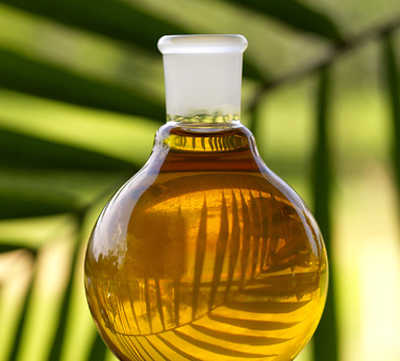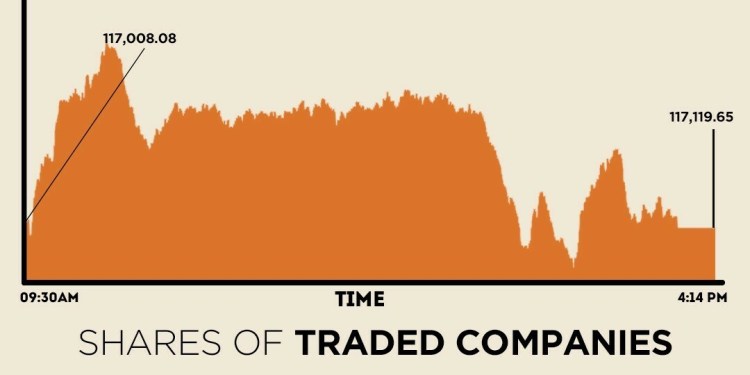Friday, 31 July 2015 17:30
 JAKARTA: Indonesia’s crude palm oil (CPO) output likely rose for a fourth month in June to hit its highest since at least August on supplies from new plantations, while exports continued their rally given strong festival demand, a Reuters survey showed.
JAKARTA: Indonesia’s crude palm oil (CPO) output likely rose for a fourth month in June to hit its highest since at least August on supplies from new plantations, while exports continued their rally given strong festival demand, a Reuters survey showed.
Higher output at the world’s top producer, and worries that exports will weaken in July after the end of the holy Muslim month of Ramadan, could hurt benchmark palm prices that hit a three-month low of 2,099 ringgit ($ 549.05) per tonne this week.
Indonesia’s CPO output reached 2.8 million tonnes in June, according to the median estimate of the survey of three Indonesian industry officials and plantation companies, versus 2.774 million tonnes in May.
“High prices in 2011 led to a lot of (new) plantation and some of this may be coming on,” said Pawan Kumar, an analyst at Rabobank International. “July could be lower because of Ramadan month. There could be more than a week of non-harvesting.”
The analyst was referring to holidays at the end of Ramadan when people take time off to celebrate Eid-al-Fitr, denting harvesting activities.
Ramadan, which this year stretched across June and July, is marked by communal fasting and feasting and typically drives up demand for edible oils across Asia.
The median estimate for Indonesian CPO exports in June was 2.4 million tonnes, up 12 percent from May and the highest since at least August, when Reuters started conducting the survey.
Malaysia, the No.2 producer and exporter after Indonesia, also saw good exports last month, Kumar said.
Apart from Ramadan demand, Indonesian exports were also buoyed by the anticipation of higher taxes in July. The country began collecting a $ 50 levy on CPO exports this month.
Indonesia has also issued a regulation that changes the way CPO export taxes are calculated with an aim to help offset the costs exporters must pay alongside the new levy.
The survey pegged Indonesian palm stocks at 3.046 million tonnes for June, versus 2.540 million in May. Domestic consumption was estimated at between 575,000 and 800,000 tonnes.
“Now almost all storage tanks for palm oil are almost full,” said Sahat Sinaga, executive director at the Indonesian Vegetable Oil Industry Association (GIMNI).
The Indonesian Palm Oil Association (GAPKI) publishes monthly data provided by a professional surveyor, which last showed May exports at 2.22 million tonnes.
The Reuters survey includes contributions from GAPKI, GIMNI and PT Sinar Mas Agro Resources & Technology, one of the largest listed palm companies.



























